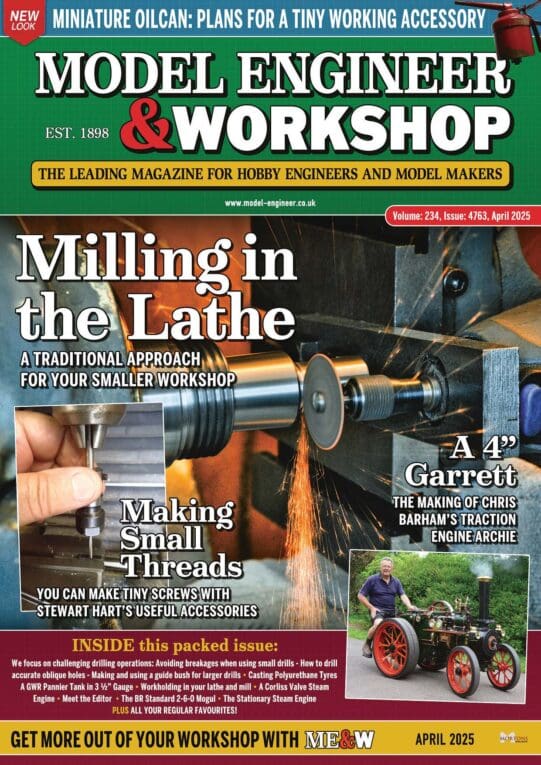Posted by Hopper on 24/03/2023 05:39:04:
Posted by Boldminer on 24/03/2023 00:29:20:
Thanks for all the information everyone. It looks like I'm going to have to do some more searching over here. There is a power station located in Krabi (not too far from Phuket) i'll see if I can get to visit. That is a very interesting video posted by Hopper. My coal is also running out but I've located a stock yard in a place called Nakon Si Thammerat which I plan visit so until then I'm using charcoal ( it's like giving a donkey strawberries ) any comments . It so happens that my route to Nakon takes me through Krabi so wish me luck. Regards to all, Colin
…
Steam Oil was/is a mix of very heavy mineral oil and tallow rendered from animal fat, designed to stick to the cylinder walls and valve chests of reciprocating steam engines without being washed away by the mixture of steam and condensate blasting through them.
…
I think the only places you might find steam oil are those still running the old reciprocating engines and pumps. …
Hopper's description of 'Steam Oil' is incorrect, or at least old-fashioned! Unlikely that any modern oil has tallow in it, though it was certainly used in the past. Steam Oil in the modern sense is a high-temperature oil – one that maintains lubricity at operating temperatures >200°, and resists pressure. In other words an oil that doesn't cook quickly and lose it's effectiveness!
I suppose it's natural for Model Engineers to think in terms of reciprocating engines and turbines, but they aren't big users of Steam Oil these days. The main customer now is what industry call 'Process Steam'. Steam is ideal for any process requiring a lot of heat between 100�° and 600°C so the term covers a huge number of applications other than motors. Chemicals, Plastics, Food, Refineries, and Textiles etc rather than chuff chuffs.
I think Boldminer's problem is finding a source in Thailand who will sell him some! It may not be a consumer item at all in Thailand, possibly only available in 200litre drums to tax registered businesses. Or it could be available in small quantities from specialist vendors, which is why I suggested substituting high temperature chain oil because some fast-food outlets might need it. My friend who lived in Thailand, now deceased, found it an interesting mix of Soviet-style discipline and eastern free enterprise. He bought a large reel of electric cable off the official who connected his house to the mains the wrong way round in exchange for a few Bahts and a dog. Later, he couldn't buy a replacement hard-drive for his computer, despite them being made in Thailand. He visited the factory and found a modern installation behind a security fence with uniformed guards patrolling. After offering cash he was politely but firmly told to go away…
Later, he found the dog was probably a mistake. Being a western dog-lover himself, he'd assumed it was wanted for a pet. His Thai wife explained more likely it was for food. Apparently – though not widely approved of – there are communities in Thailand who eat dog after improving the flavour by beating them to death. When first married in the 1970s they lived in England, where I remember her refusing to eat a British pub meat pie because it was disgusting. She was right – anyone else remember the muck served up in the good old days. Pork-scratchings were the nicest edible on sale! One of the pubs I drank in still had sawdust on the lino and spittoons.
Dave
Hopper.





